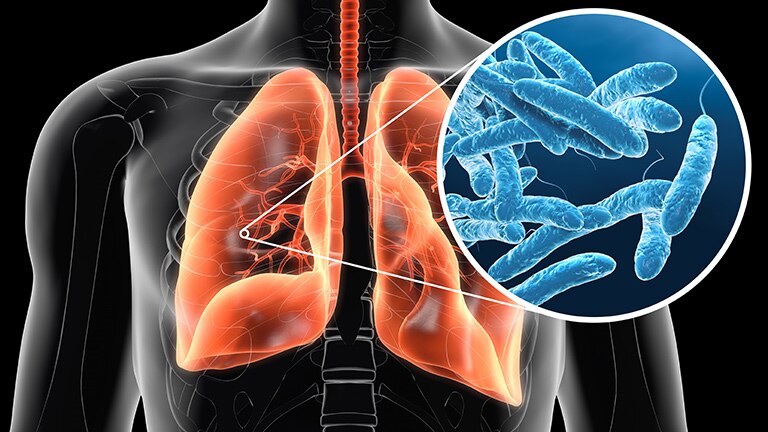
What is legionella?
Legionella is a bacteria that can cause lung infections including Legionnaires’ disease, a serious type of pneumonia and Pontiac fever, a milder infection. The disease is contracted when droplets of water in the air that contain the bacteria are inhaled. Legionella is found in fresh water and manmade water sources. Symptoms include lower respiratory illness with fever, cough, chills, muscle aches, and headaches. A relatively small percentage of the U.S population contract the disease annually, but that number is slightly on the rise. It is usually treatable with antibiotics.
Learn more from our white paper.
Featured insights
This website is intended to be informational. Descriptions are provided only as a summary outline of the products and services available and are not intended to be comprehensive and do not constitute an offer to sell or a solicitation. The products and services described may not be available in all states or jurisdictions. See your policy, service contract, or program documentation for actual terms, conditions, and exclusions. Any inquiries regarding the subject matter set forth herein should be directed through licensed insurance professionals.
Coverage and insurance are provided and underwritten by Liberty Mutual Insurance Company or its affiliates or subsidiaries. When we offer insurance products, we will state clearly which insurer will underwrite the policy. Some policies may be placed with a surplus lines insurer. Surplus lines insurers generally do not participate in state guaranty funds and coverage may only be obtained through duly licensed surplus lines brokers.



